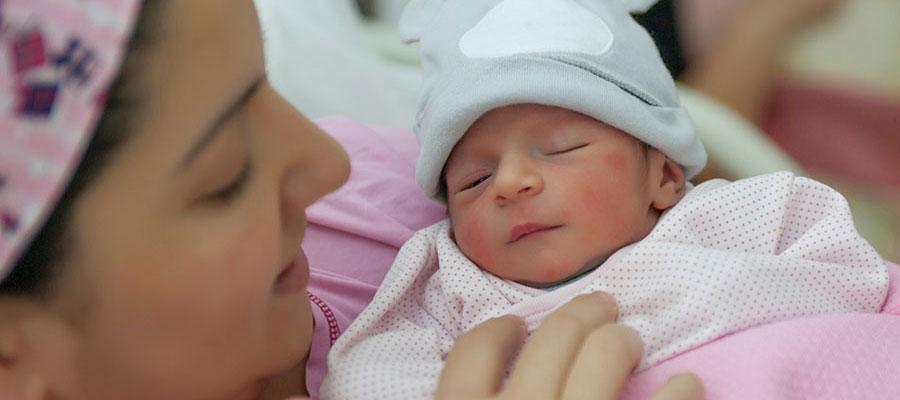CDC reports disparities in maternal health OUD medication treatment

Pregnant people with opioid use disorder are more likely to receive buprenorphine (a recommended treatment) if they are older, white and have public insurance, which may indicate differences in health care access and care, according to preliminary findings from a Centers for Disease Control and Prevention surveillance network used to improve health outcomes among pregnant people with OUD and their children. READ MORE
Related News Articles
Headline
The AHA and Epic are launching the Safer Births PPH Collaborative, a seven-month initiative designed to support hospitals in reducing postpartum hemorrhage…
Headline
A new blog shares key takeaways from the AHA’s Better Health for Mothers and Babies webinar series, where hospitals share how they are putting the initiative’s…
Blog
Despite medical advancements, maternal mortality rates have doubled since 1987. Yet more than 80% of pregnancy-related deaths have been deemed preventable.We…
Headline
Kimberly Green Reeves, vice president of community impact and partnerships at Beacon Health System, and Cassy White, director of community impact at Beacon…
Headline
The AHA has published a webpage that highlights facts, causes, effects and solutions that hospitals and health systems can use for reducing the risk and…
Headline
A study published Jan. 7 by the University of Minnesota Rural Health Research Center examined the availability of hospital-based obstetric services in the U.S…

